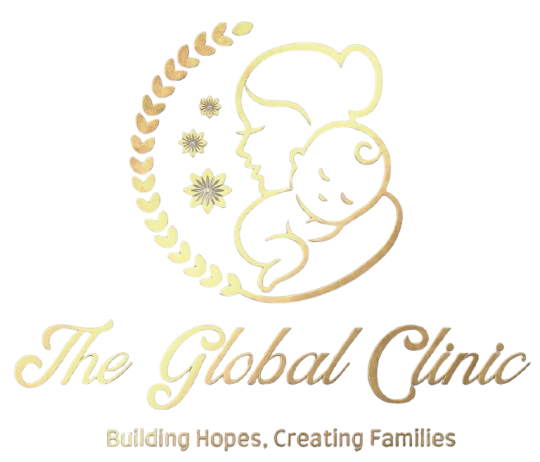MULTIPLE IVF FAILURES
The condition of the embryo is the most common cause of an IVF cycle’s failure. Since certain embryos are defective in any way, they are unable to implant despite being transferred to the uterus. Also, embryos that seem to be healthy in the lab may have defects that cause them to die rather than mature.
Why Do IVF Cycles Fail?
- Failed IVF is a broad term that may refer to several conditions.
- Sometimes there aren’t enough follicles made, the cycle is cancelled before egg retrieval.
- No eggs or eggs of low quality are retrieved;
- Recovered eggs do not fertilize properly or do not fertilize at all;
- There are no embryos available for implantation in the uterus
What to Do When IVF Loops Fail
If everything goes perfectly—from ovarian stimulation to egg extraction to embryo transfer—a certain number of people may not have a positive pregnancy result. Overall, IVF pregnancy rates have changed dramatically in the past three decades since it was first launched, but it is still far from being hundred percent successful .
Negative pregnancy tests are sadly still popular, particularly among women with diminished ovarian reserve (due to normal aging or premature ovarian aging), and patients who still wish to work with their eggs should expect to get a reduced success rate.
A failed in vitro fertilization (IVF) cycle can be devastating both emotionally and financially. We know this because the bulk of our patients have had at least one failure cycle at another fertility center since coming to us. Dr.Ramya Mishra Shukla specializes in assisting patients with difficult cases of infertility at Global IVF Clinic, and she understands that unsuccessful IVF cycles will offer leads for a fruitful next treatment.



